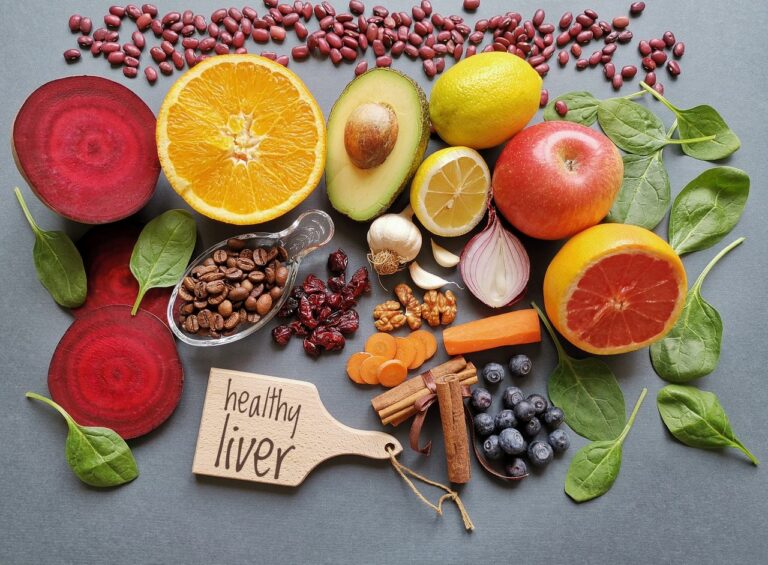By eliminating harmful substances and waste products from the blood, the liver is an essential organ for human health. Liver damage and illness may result from the stress that contemporary foods and lifestyles place on the liver. The good news is that eating certain herbs and foods can aid liver function and repair damage. Read on for a rundown of the top herbs and foods for liver restoration and some pointers on how to get them into your regular diet.
Symptoms of Liver Damage
Here are some common symptoms of liver damage:
1. Fatigue and weakness
2. Loss of appetite
3. Nausea and vomiting
4. Abdominal pain and tenderness
5. Dark urine and pale stools
6. Yellowing of skin and eyes (jaundice)
7. Itching and skin rashes
8. Swelling in legs and ankles (edema)
9. Bruising and bleeding easily
10. Weight loss
11. Digestive issues (bloating, gas, diarrhea)
12. Mental fogginess and confusion
13. Mood changes (depression, anxiety)
14. Pale or clay-coloured stools
15. Blood in stool or vomit
Note: Some people may not experience any symptoms until liver damage is severe.
Acute Liver Damage Symptoms:
– Severe abdominal pain
– Vomiting blood or black tarry stools
– Confusion, disorientation, or loss of consciousness
– Seizures
Chronic Liver Damage Symptoms:
– Gradual weight loss
– Fatigue and weakness
– Loss of appetite
– Nausea and vomiting
– Abdominal swelling (ascites)
If you experience any of these symptoms, it is crucial to seek medical attention promptly. Remember, early detection and treatment can significantly prevent further liver damage.
Cause of Liver Damage
Here are some common causes of liver damage:
Lifestyle Factors:
Excessive alcohol consumption
Smoking
Obesity
Poor diet (high sugar, salt, and unhealthy fats)
Lack of exercise
Medical Conditions:
Hepatitis A, B, C, D, and E
Fatty liver disease (NAFLD/NASH)
Cirrhosis
Liver cancer
Diabetes
High blood pressure
High cholesterol
Medications and Toxins:
Acetaminophen (Tylenol) overdose
Certain prescription medications (e.g., statins, antibiotics)
Illicit drugs (e.g., heroin, cocaine)
Toxins (e.g., mushrooms, industrial chemicals)
Heavy metals (e.g., lead, mercury)
Genetic Disorders:
Hemochromatosis (iron overload)
Wilson’s disease (copper overload)
Alpha-1 antitrypsin deficiency
Cystic fibrosis
Other Causes:
Viral infections (e.g., CMV, EBV)
Bacterial infections (e.g., tuberculosis)
Parasitic infections (e.g., malaria)
Autoimmune disorders (e.g., autoimmune hepatitis)
Radiation exposure
Tips for a Healthy Liver
Support a healthy liver with these suggestions:
– Maintain a healthy weight by eating a varied and balanced diet high in fresh produce, whole grains, lean meats, and healthy fats.
– Drink plenty of water throughout the day to help your body eliminate toxins.
– Drink moderately; harm to the liver might result from drinking too much.
– Being active improves your health in general and helps you lose fat in your liver.
– Keep your weight in check; fatty liver disease is a risk factor for obesity.
– Avoid contact with harmful environmental substances, including heavy metals and pesticides.
– Inadequate slumber inhibits liver function.
– Long-term stress is bad for your liver.
– Immunize yourself against hepatitis A and B by getting a vaccine. 9.
– Only take pharmaceuticals after first seeing your doctor. Always follow the instructions on your prescription label.
– Consuming high-fructose drinks might contribute to liver damage.
– Make it a habit to see your doctor often. This will help you monitor your liver health.
– Reduce your risk of liver infections by avoiding raw or undercooked meat.
– Supplements that promote liver health may be worth investigating. Some herbs and minerals, such as milk thistle and vitamin E, may help keep the liver in good shape. A physician’s approval is required before supplementation.
Remember that general health depends on a healthy liver. Follow these guidelines to keep your liver healthy and prevent harm to it.
Top 18 Foods to Repair Damage Liver
Leafy Greens
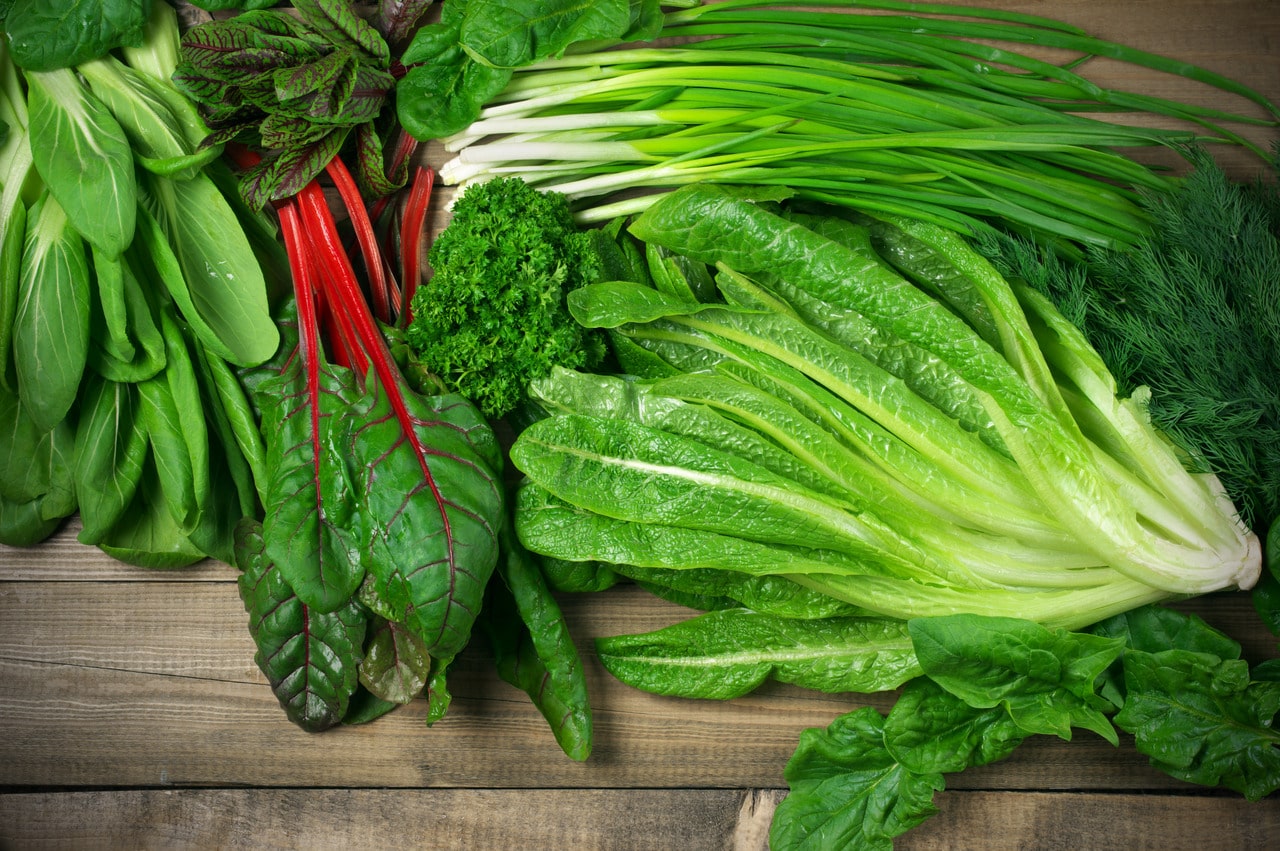
Leafy greens such as kale, spinach, and collard greens are potent tools for liver restoration. They aid in liver detoxification, inflammation reduction, and cell regeneration because of their high nutritional, chlorophyll, and antioxidant content. Adding assistance to the liver’s natural detoxification processes, leafy greens help flush out toxins and waste by scavenging free radicals that can harm liver cells. Your liver and general health may benefit significantly from eating more of these greens.
Berries
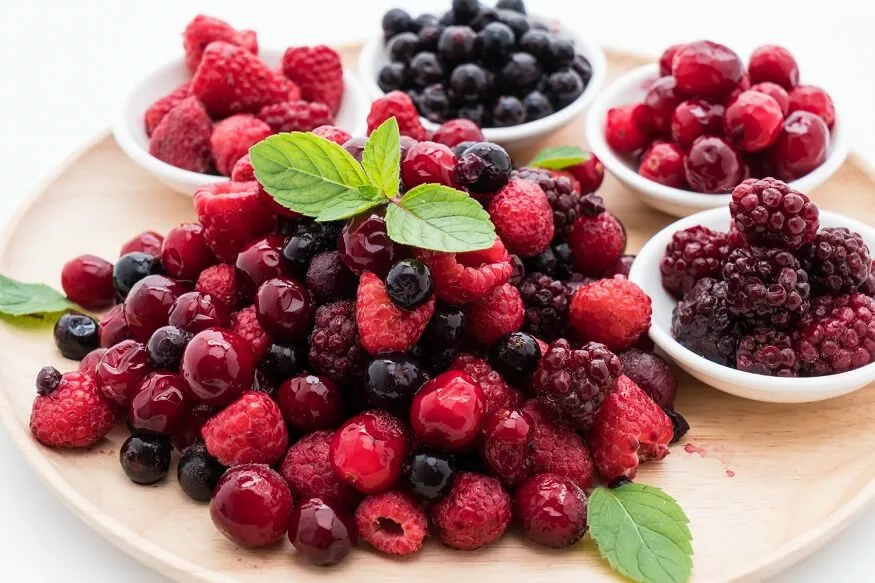
The anthocyanins, flavonoids, and antioxidants in berries like raspberries, strawberries, and blueberries aid liver regeneration and protection. These potent chemicals help the liver heal by lowering inflammation, increasing detoxification, and fostering the development of new cells. By scavenging free radicals, berries mitigate oxidative stress and protect the liver from injury. Incorporating a variety of berries into a well-rounded diet helps enhance liver function and general wellness.
Fatty Fish
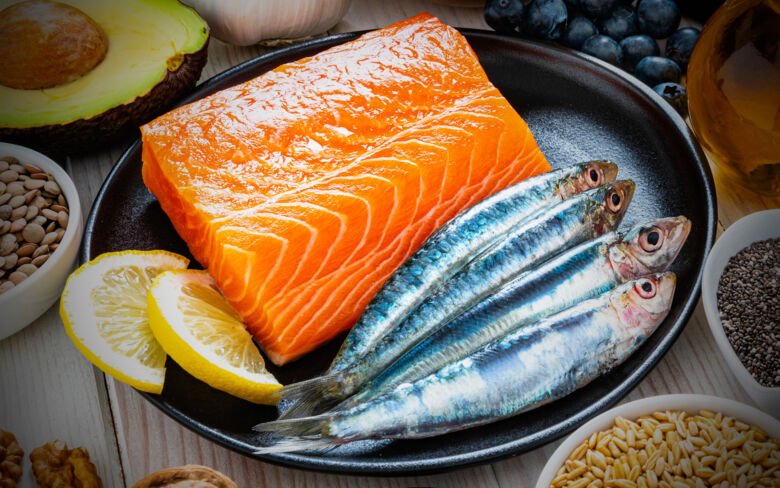
The omega-3 fatty acids in fatty fish, such as mackerel, sardines, and salmon, aid in liver repair and protection. These crucial fatty acids aid in toxin elimination, decrease inflammation, and stimulate the regeneration of liver cells. Additionally, omega-3s boost general liver health, reduce liver fat, and enhance liver function. A diet rich in fatty fish may aid in healing and lower the likelihood of developing liver disease.
Olive Oil
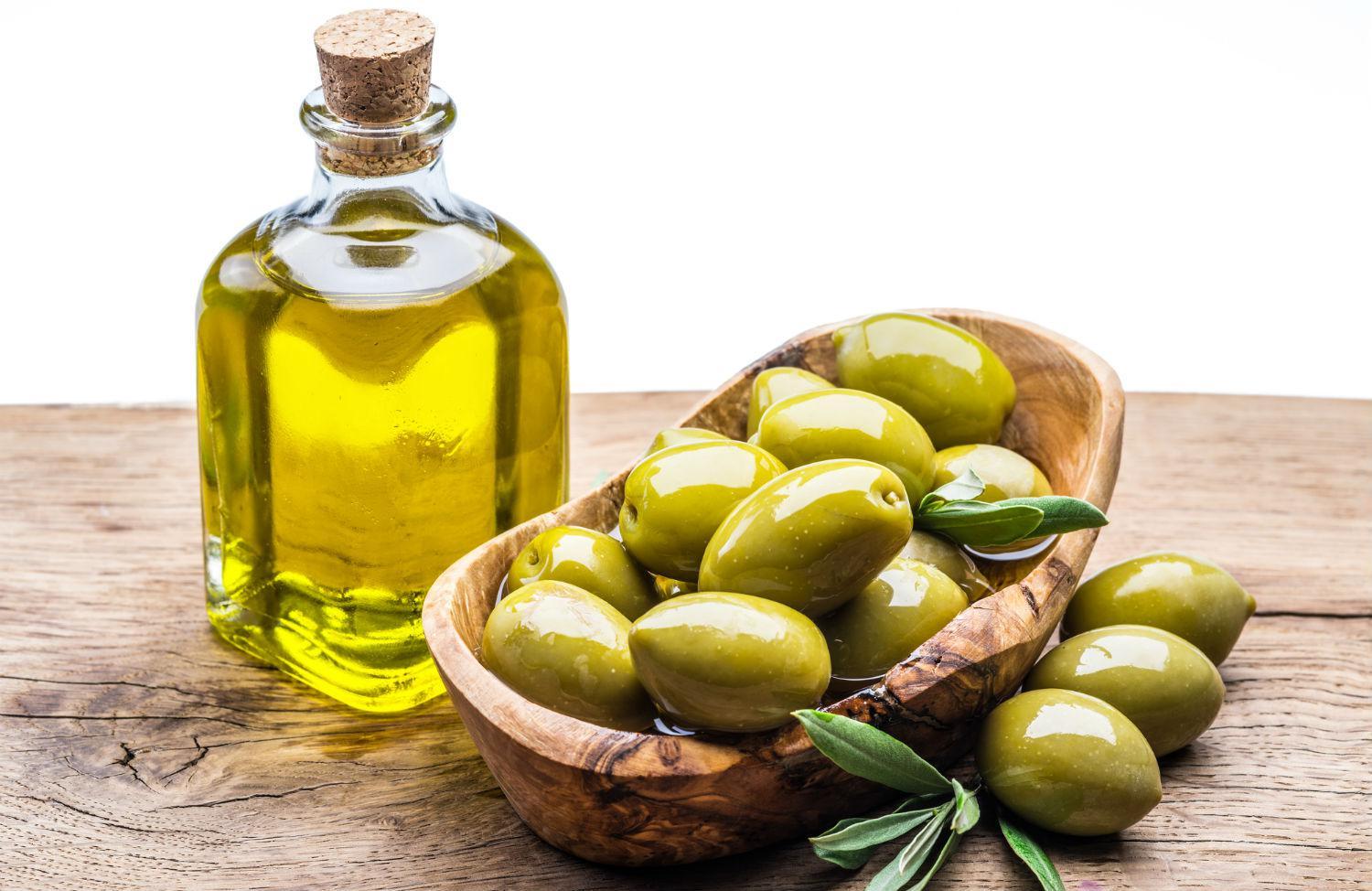
Olive oil’s abundance of heart-healthy lipids helps the liver and lowers inflammation. The anti-inflammatory and antioxidant properties aid liver cell regeneration, shield the liver from harm and facilitate toxin clearance.
Lemons and Limes

The abundance of vitamin C in citrus fruits like lemons and limes is a key component of a liver-friendly diet. These fruits aid the liver’s detoxifying processes, and their flavonoids play a significant role in reducing inflammation, enhancing liver cell activity, and promoting toxin clearance. A diet without these citrus fruits would be incomplete for those aiming for optimal liver health.
Cruciferous Vegetables

Vegetables rich in sulforaphane, such as broccoli, cauliflower, and Brussels sprouts, aid the liver’s detoxification processes and boost antioxidant activity. A potent tool for liver healing, these vegetables also reduce inflammation, improve cell activity in the liver, and support the elimination of pollutants.
Avocados
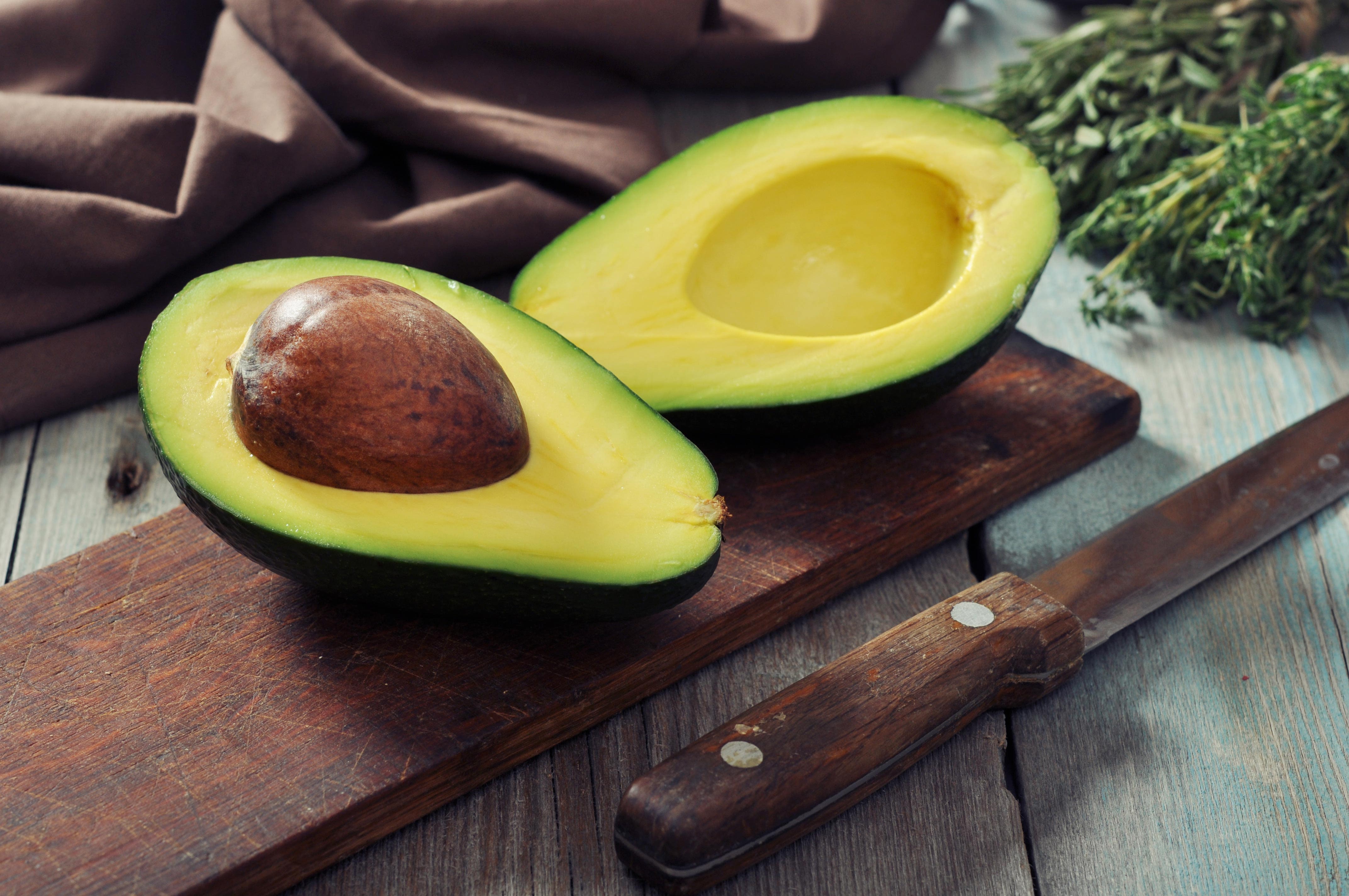
Avocados promote liver health due to their abundance of heart-healthy fats, fibre, and antioxidants. Their anti-inflammatory, pro-regenerative, and toxin-removing properties are invaluable. Avocados are great for your liver since they increase its function, lower fat, and make it healthier overall.
Apples

Apples are great for your liver because they contain vitamins, fibre, and antioxidants. They aid in the elimination of pollutants, decrease inflammation, and enhance the activity of liver cells. The potent antioxidant quercetin, which is present in apples, aids in liver protection and repair.
Beets
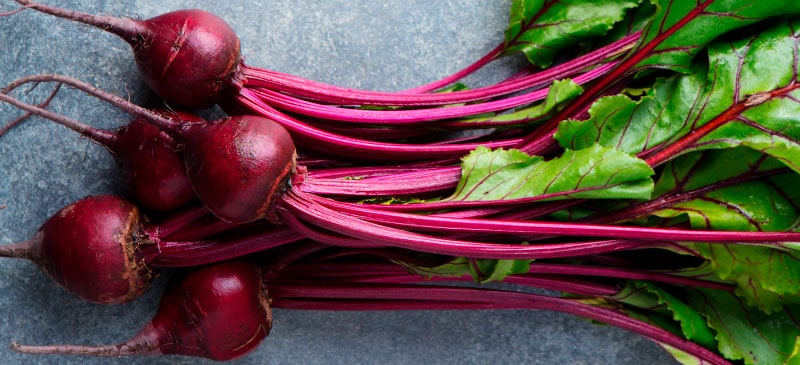
Beets are detoxification and liver health champions, thanks to their high levels of betalains, fibre, and antioxidants. They not only aid in the elimination of pollutants and reduce inflammation but also boost liver cell activity. Beets are a liver’s best friend, preventing damage, promoting cell regeneration, and supporting overall liver health.
Green Tea

Catechins, abundant in green tea, are antioxidants aiding liver protection and repair. On top of that, it helps the liver filter out harmful substances by lowering inflammation and enhancing cell function. Drinking green tea regularly may help keep your liver healthy and reduce your chances of liver disease.
Mushrooms

Cordyceps, reishi, and chaga are a few mushrooms that are good for your liver since they contain antioxidants and other nutrients. They facilitate the elimination of pollutants, enhance the activity of liver cells, and decrease inflammation. Additionally, the anti-fibrotic characteristics of some mushrooms may aid in reducing scarring and promoting liver healing.
Fermented Foods
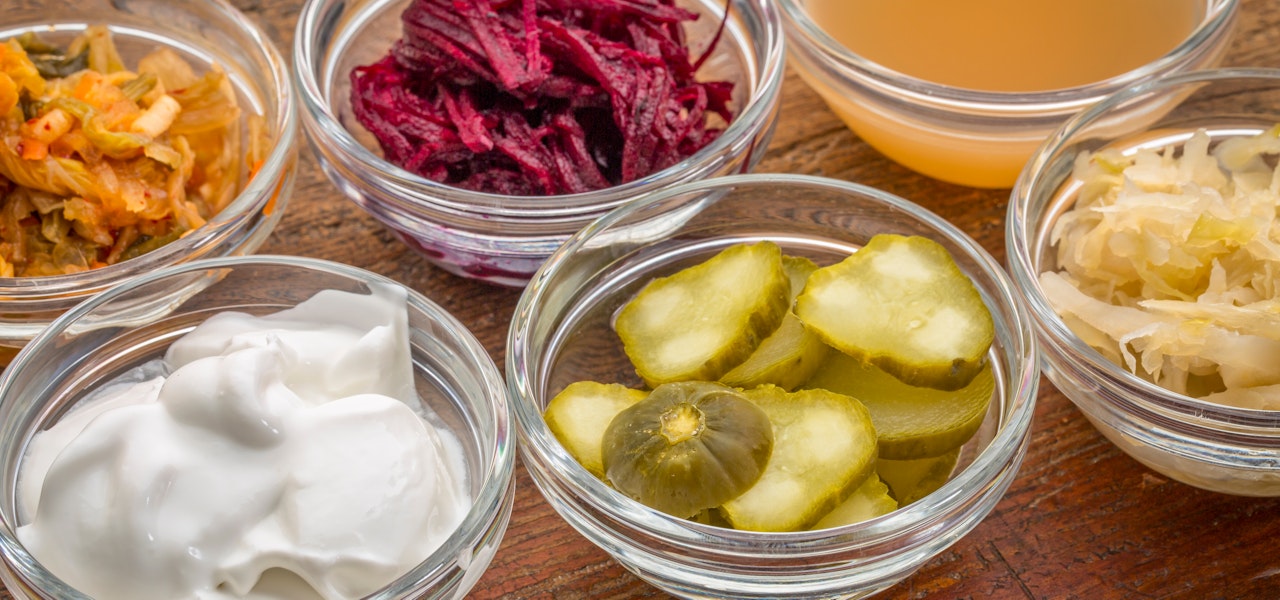
The probiotics and other substances found in fermented foods, such as kimchi, sauerkraut, and yoghurt, are beneficial to the liver. They facilitate the elimination of pollutants, enhance the activity of liver cells, and decrease inflammation. In addition to being good for your liver and general health, fermented foods encourage the development of good bacteria in your stomach.
Grapes
:max_bytes(150000):strip_icc()/what-are-grapes-5193263-hero-01-80564d77b6534aa8bfc34f378556e513.jpg)
One of the most potent antioxidants in grapes, resveratrol, also helps the liver heal after injury. Additionally, the polyphenols and antioxidants included in grapes aid in detoxification, decrease inflammation and enhance the function of liver cells. Grapes, whether eaten whole or juiced, are beneficial to the liver and may help lower the risk of liver disease.
Nuts

The liver benefits from abundant antioxidants, good fats, and other substances found in nuts such as pecans, walnuts, and almonds. They facilitate the elimination of pollutants, enhance the activity of liver cells, and decrease inflammation. A potent antioxidant known as arginine is also present in nuts; research has shown that it improves liver function and reduces liver damage.
Beans
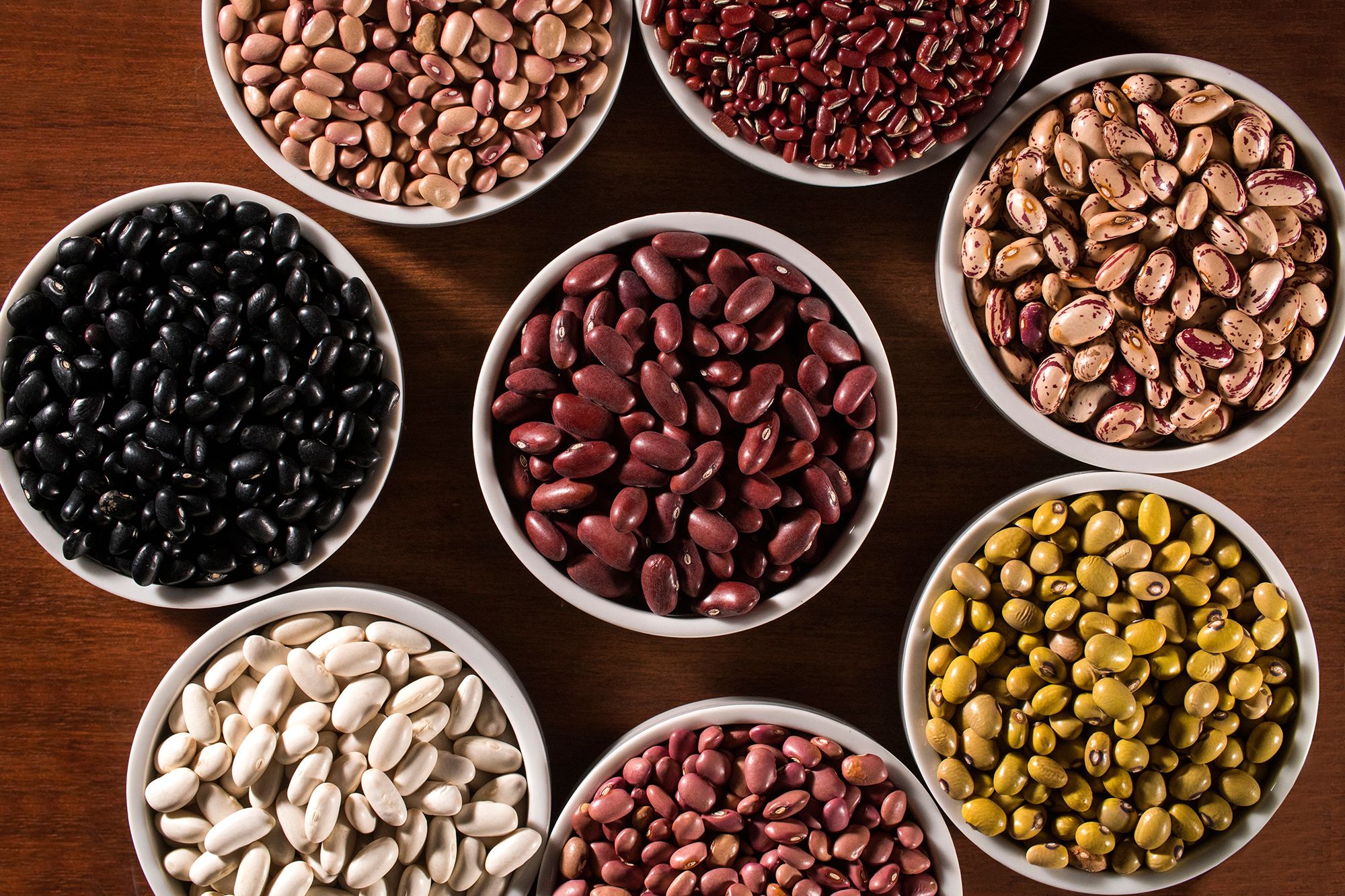
It’s not just about the individual foods, but also about variety. Kidney beans, black beans, chickpeas, and other beans are great for your liver since they’re full of nutrients, vitamins, and fibre. They facilitate the elimination of pollutants, enhance the activity of liver cells, and decrease inflammation. Antioxidants and other substances found in beans aid in liver protection and repair. To keep your liver healthy and lower your risk of liver disease, it’s important to eat a variety of beans and other liver-friendly foods.
Grapefruit
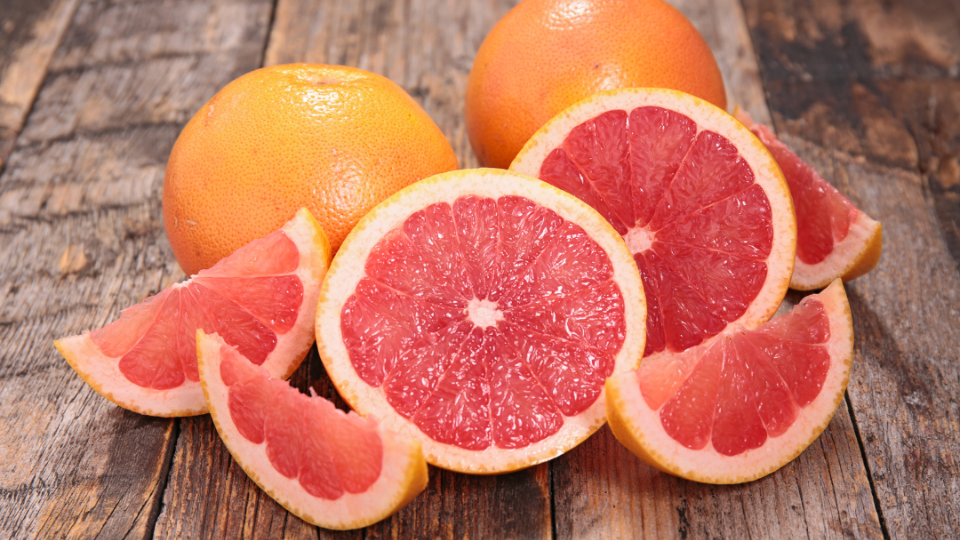
Research has shown that grapefruit’s chemical naringenin may help heal liver damage and improve liver function. Antioxidants and other chemicals also aid in inflammation reduction, enhanced liver cell activity, and toxin clearance. Whether eaten whole or juiced, grapefruit is beneficial to the liver and may help keep it healthy.
Prickly Pear
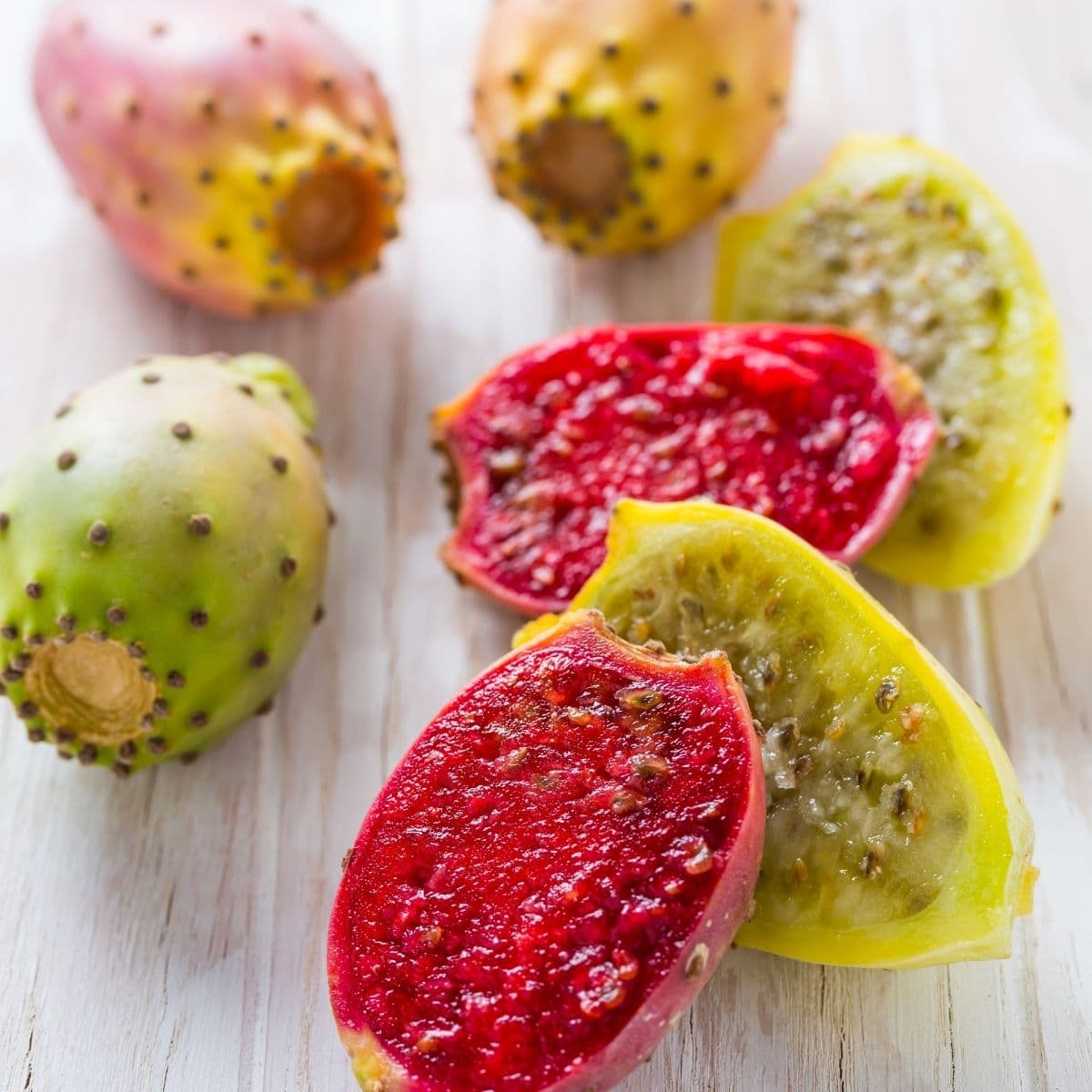
There are substances in prickly pear cactus that aid liver protection and repair, including antioxidants. It aids in eliminating pollutants, decreases inflammation, and improves the function of liver cells. Research suggests that prickly pear may be helpful as a liver-supportive meal due to its ability to increase liver function and decrease liver damage.
Coffee

Evidence shows that drinking coffee in moderation may benefit liver health and lower the likelihood of developing liver disease. Increased hepatic cell activity, decreased inflammation, and enhanced toxin elimination are all benefits of coffee’s caffeine and other chemicals. Coffee may be a good meal if you have liver disease since it helps lessen scarring and improve liver function. On the other hand, there are drawbacks to drinking too much coffee, so moderation is crucial.
Best Herbs to Repair Damage Liver
Here are the top herbs to help repair a damaged liver:
Milk Thistle: Silymarin in milk thistle supports liver cell regeneration and reduces inflammation.
Dandelion Root: Stimulates bile production and supports liver detoxification.
Turmeric: Curcumin in turmeric reduces inflammation and promotes antioxidant activity.
Ginger: Anti-inflammatory properties support liver health and reduce nausea.
Licorice Root: Glycyrrhizin in licorice root supports liver function and reduces inflammation.
Schisandra: Antioxidant properties support liver health and promote detoxification.
Burdock Root: Supports liver function and promotes the removal of toxins.
Yellow Dock: Stimulates bile production and supports liver detoxification.
Chanca Piedra: Supports liver health and reduces inflammation.
Peppermint: Stimulates bile production and supports liver function.
Sage: Antioxidant properties support liver health and promote cognitive function.
Rosemary: Antioxidant properties support liver health and improve digestion.
Ginkgo Biloba: Antioxidant properties support liver health and improve circulation.
Echinacea: Supports immune function and reduces inflammation in the liver.
Slippery Elm: Soothes liver inflammation and supports digestive health.
Garlic: Contains sulfur compounds that activate liver enzymes and promote detoxification.
Conclusion
Regularly eating these foods and herbs can repair liver function, decrease inflammation, and improve general health. With some easy dietary and lifestyle adjustments, you can manage your liver health and lower your risk of liver disease. Discover the best foods and herbs for liver repair and detoxification. Always remember, your safety comes first-consult your doctor before taking a significant supplement or changing your food regimen. Nourish and repair your liver back to health with these wholesome foods!</p><p><strong>Boost Liver Function with These Top 15 Foods for Liver Repair!

